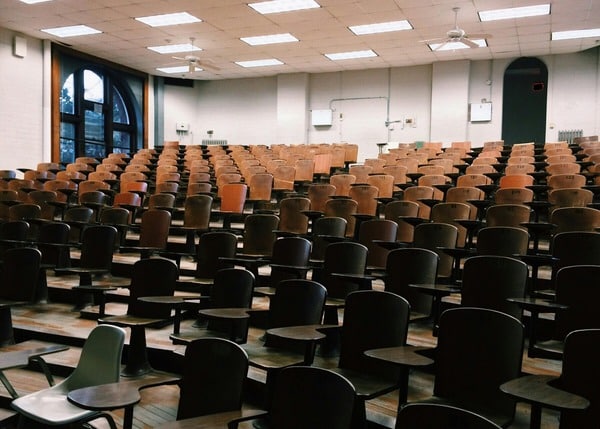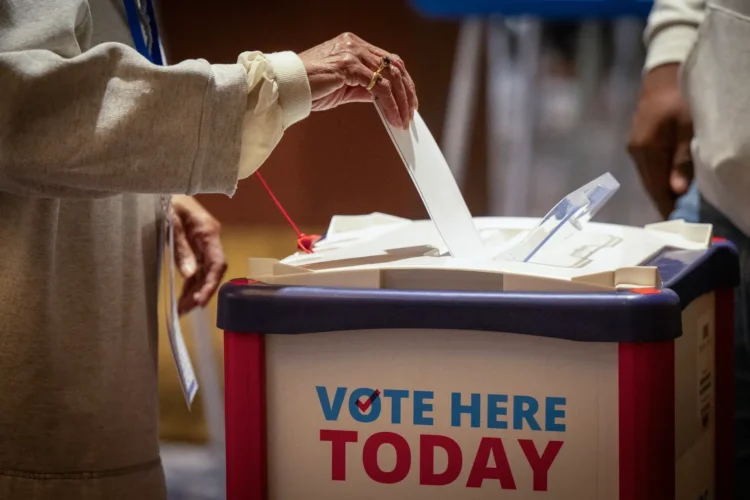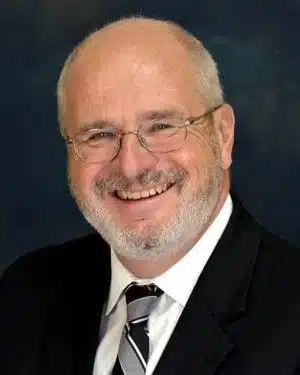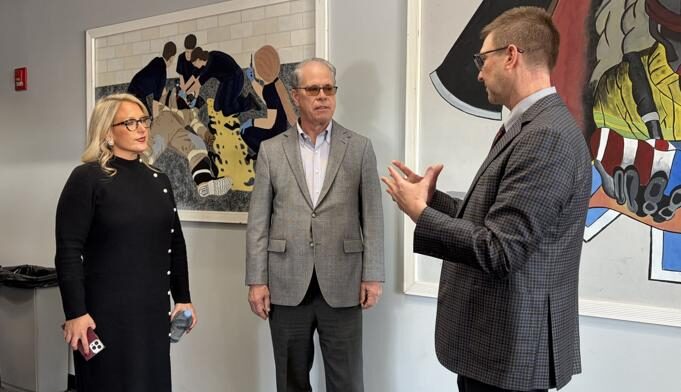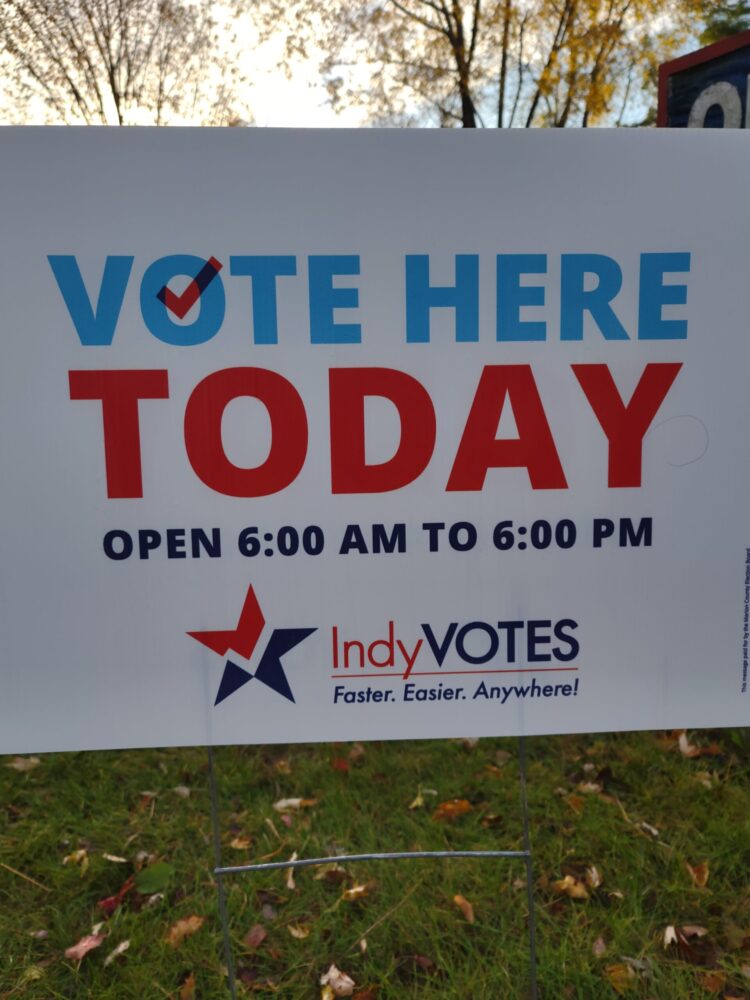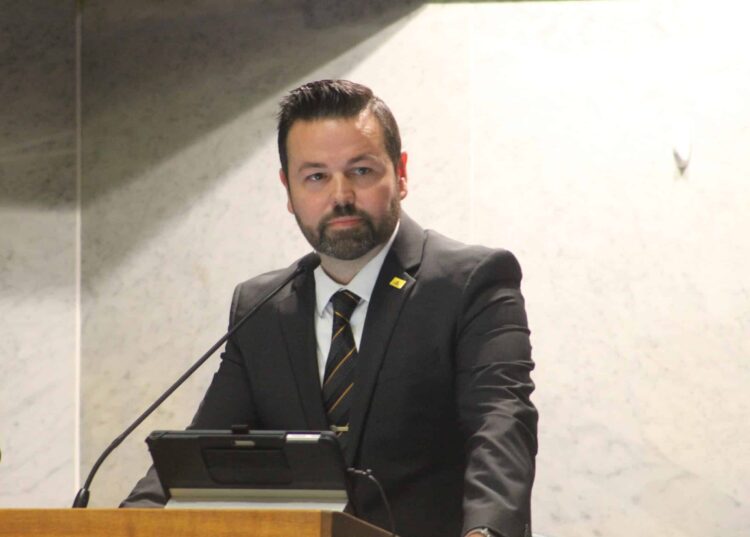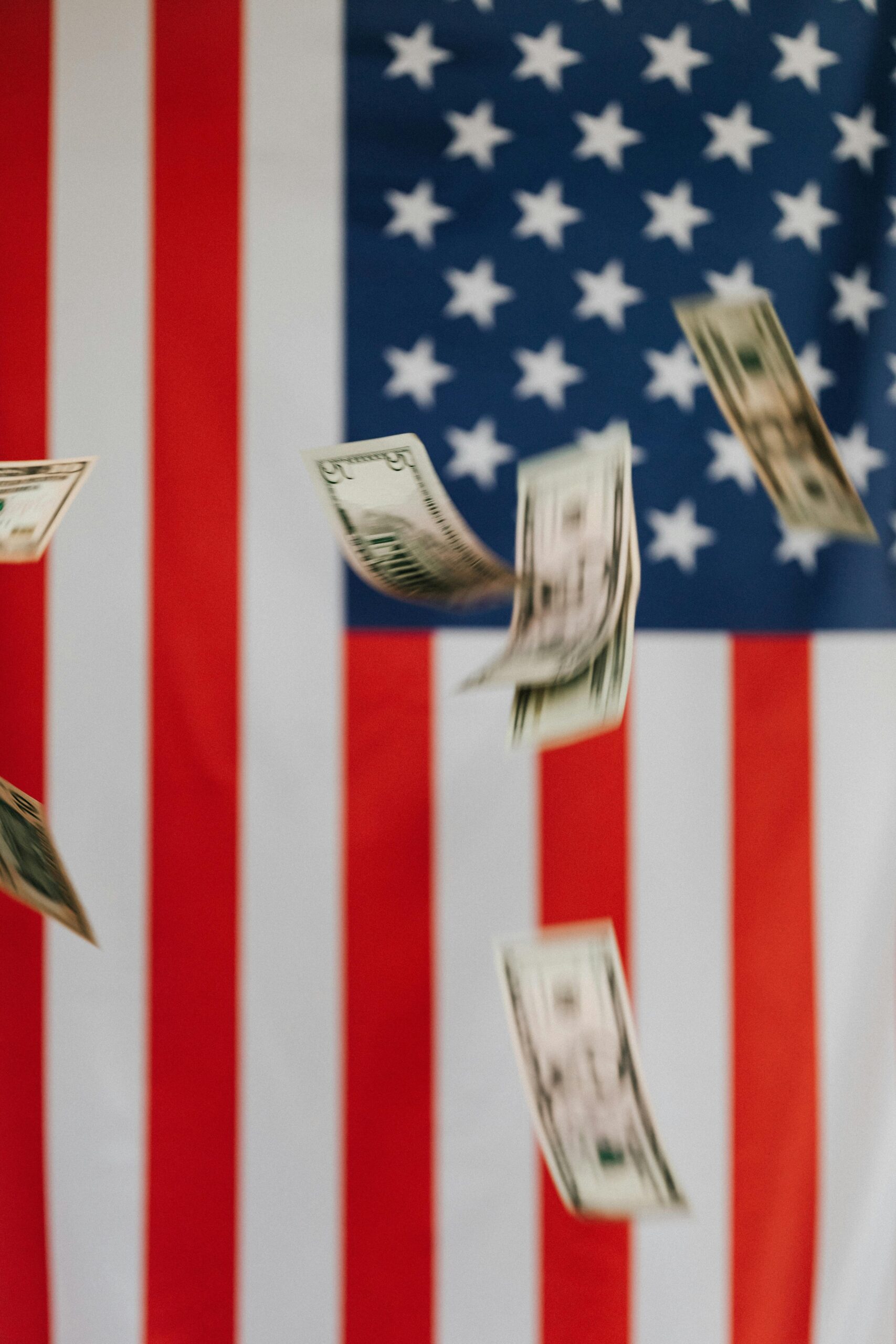President John F. Kennedy signed Executive Order No. 10925, which required government contractors to treat applicants and employees fairly without regard to traits like race or national origin. The first use of the term “affirmative action” in a U.S. government document was in this executive order.
Affirmative action and DEI initiatives gained traction across the public and private sectors throughout the 1980s and 1990s. In a 2019 article, Time magazine reported that DEI had become a “booming business.” This boom was accelerated after Minneapolis police killed George Floyd in early 2020. President Joe Biden signed numerous executive orders to further DEI in the federal government.
President Donald Trump’s second term has seen a sharp shift in the government’s approach to DEI as his administration has sought to curtail it.
June 29, 2023
The U.S. Supreme Court announced a landmark ruling in Students for Fair Admissions vs. Harvard, ending race-based affirmative action in college admissions. Students for Fair Admissions is a legal advocacy group founded in 2013 with the express purpose of dismantling affirmative action in higher education. After two lower courts sided with Harvard, the U.S. Supreme Court ruled in favor of Students for Fair Admissions in 2023.

Jan. 10, 2025
Just one month before the U.S. Department of Education sent its “Dear Colleague” letter, Gov. Mike Braun signed an executive order prohibiting state agencies from using resources to “support DEI positions, departments, activities, procedures or programs.”
Feb. 10, 2025
Ivy Tech Community College was the first public institution in Indiana to announce its intention to close its office of diversity, equity and belonging.
Feb. 14, 2025
Craig Trainor, the acting assistant secretary for civil rights at the U.S. Department of Education, published a “Dear Colleague” letter meant to clarify the government’s position on Students for Fair Admissions v. Harvard. Trainor’s letter singled out DEI as a “banner” used for “smuggling racial stereotypes and explicit race-consciousness” onto college campuses.
However, in a statement to TheStatehouseFile.com, the National Association of Diversity Officers in Higher Education said, “We reject the narrative that diversity, equity, and inclusion efforts are divisive and discriminatory.”
April 17, 2025
Ball State University President Geoffrey Mearns announced in a video message that the school’s office of diversity, equity and inclusion would close.
May 9, 2025
Attorney General Todd Rokita sent a letter to the University of Notre Dame on May 9, inquiring whether the university had violated state or federal law and threatening its tax-exempt status. Indiana’s private higher education institutions had largely avoided scrutiny over DEI until Rokita got involved.
In a statement to TheStatehouseFile.com after the letter was sent, Erin Blasko, Notre Dame’s associate director of media relations, said that the school is “committed to defending the dignity of every human person, to promoting a just society in which every person can flourish, and to attending particularly to the needs of the most vulnerable.”
TheStatehouseFile.com has previously reported on the U.S. Department of Education’s “Dear Colleague” letter and its impact on private universities in the state. Dottie King, Ph.D., president of Independent Colleges of Indiana, the advocacy organization for private universities in the Hoosier state, acknowledged private schools’ reliance on the federal student loan system but said, “Private schools are almost all formed in mission, and the mission gives a lot of protection to the independent schools to go about educating and assisting their students.”
May 22, 2025
Indiana University closed its office of diversity, equity and inclusion on May 22 and renamed its Office of Institutional Equity the “Office of Civil Rights Compliance.”
May 28, 2025
Rokita sent letters to DePauw University and Butler University on May 28. The letters, which were nearly identical to the one sent to Notre Dame, again took aim at the universities’ tax-exempt status as nonprofit educational institutions.
In a statement to TheStatehouseFile.com, Bob Weaver, the senior communications director at DePauw, said, “We uphold high ethical standards and do not engage in unlawful discrimination in our admissions and hiring practices.”
Butler University denied a request for comment.
May 30, 2025
Indiana’s largest public university was the last to shutter its DEI programs. Purdue University Provost Patrick Wolfe wrote in a letter to the campus that the university was “sunsetting DEI activities and initiatives.”
Clayton Shull is a reporter for TheStatehouseFile.com, a news site powered by Franklin College journalism students.

